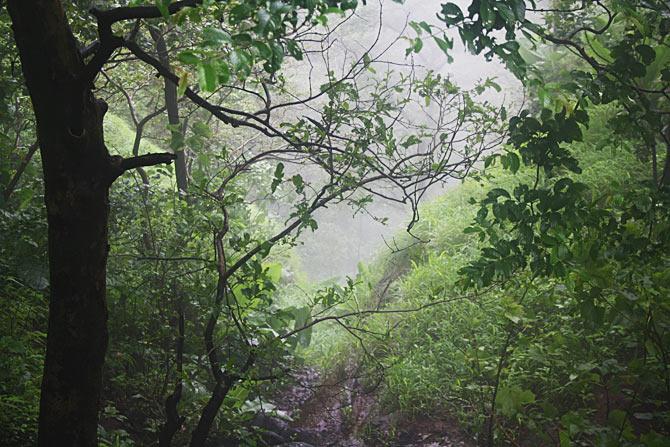
If human beings have to remain in this world, they need nature and its resources. So it is for our own survival that we have to protect the forests, say environmentalists.
The government’s announcement that the proposed protected area of the Western Ghats will be reduced by over 3,100 square kilometres, mostly in Kerala, through a draft notification issued ahead of the general elections seems to be driven by political, rather than ecological, considerations.
For the same reason, the environment ministry has invited suggestions from the other states to redraw the boundaries of the ecologically sensitive zone of this mountain range falling in their territories.
...
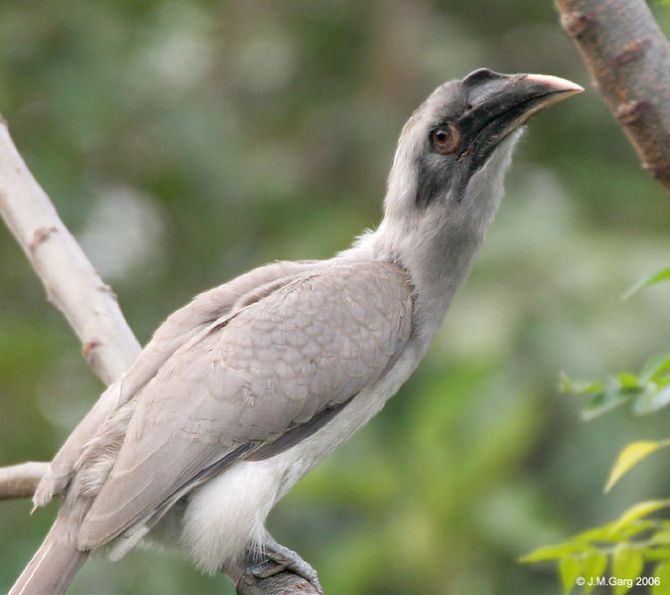
This has, obviously, reopened the whole issue of safeguarding the brittle ecology of the Western Ghats, the world’s second-richest biodiversity hot spot.
And it has rendered virtually null and void the notification issued earlier on the basis of the recommendations of the high-level working group headed by Planning Commission member K Kasturirangan.
Indeed, the messing up of the Western Ghats issue began even earlier; the environment ministry kept under wraps for almost a year a report on this subject submitted in 2011 by an expert panel chaired by noted ecologist Madhav Gadgil.
This report was made public only after judicial intervention.
....
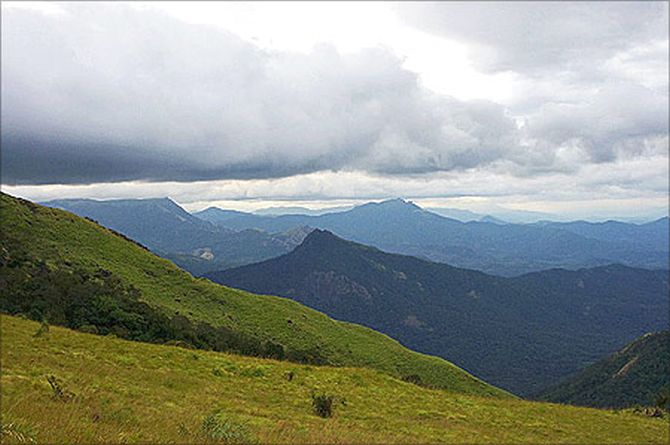
Even then, instead of implementing the committee’s recommendations, the ministry decided to get them reviewed by the Kasturirangan panel. However, the latter report, too, became controversial and, as the general elections drew closer, became politically inconvenient to enforce.
The nearly 1,600-kilometre-long Western Ghats range, which runs along the country’s western coast, spans six states — Kerala, Tamil Nadu, Karnataka, Goa, Maharashtra and Gujarat. Its ecological significance lies in the fact that it is home to more than 5,000 species of plants, 450 of birds, 140 of mammals and 260 of reptiles, a large number of which are unique.
....
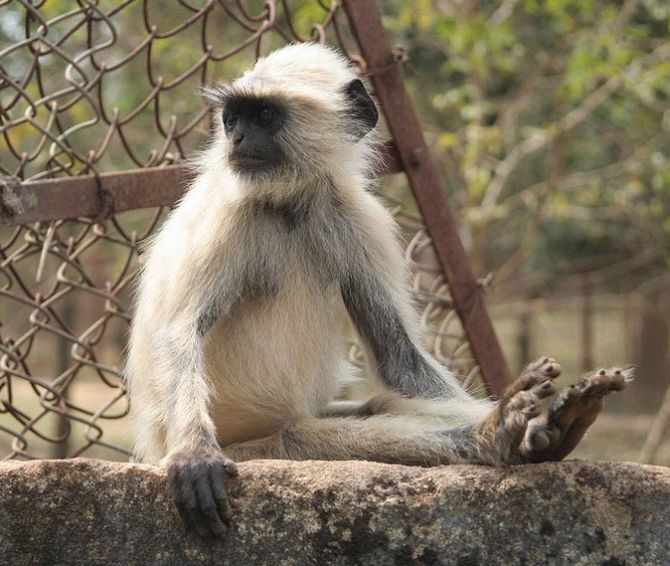
Even now, new forms of flora and fauna, especially certain hitherto unknown species of frogs and reptiles, keep surfacing in this area.
Besides, it is rich in mineral resources, including the much sought-after iron ore, basalt and bauxite. More importantly, it is the source of origin of at least three major rivers – the Godavari, Krishna and Cauvery – besides many other water streams and rivulets.
Regrettably, hardly 25 per cent of the original biodiversity of this zone remains in its pristine state owing to want of protection and, more so, reckless exploitation. Many plants and animal species have already vanished or are on the verge of extinction.
....
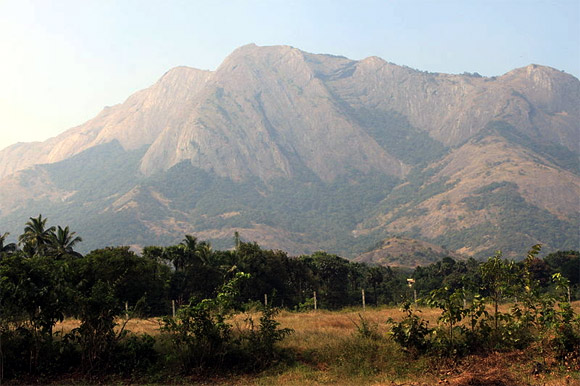
Though the final call on the strategies for shielding whatever is left of the Western Ghats’ natural wealth will have to be taken by the government that assumes power after the polls, that task has been rendered extremely complicated by the recent moves.
The new government would do well to switch back to the Gadgil report, which was far more comprehensive and scientific in nature.
That committee, notably, had disparaged the “go, no-go” approach towards development in environmentally fragile areas.
....
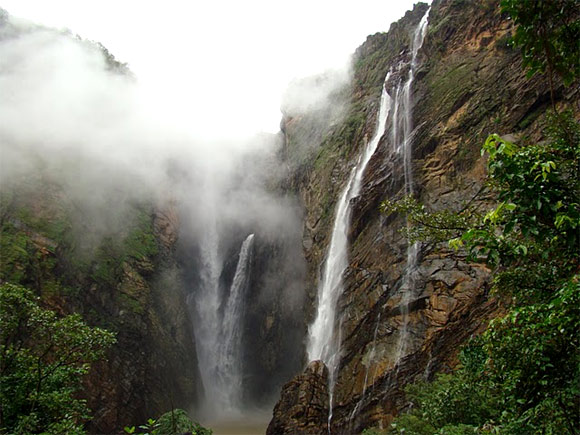
It had, instead, favoured customising economic activities according to specific local conditions and carrying them out with full participation of local communities.
Such an approach would help strike a fine balance between environmental protection and development.
At the same time, it would ensure meaningful and need-based protection to all the vulnerable areas — rather than limiting it only to specified, ecologically sensitive zones.